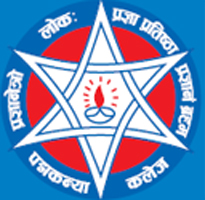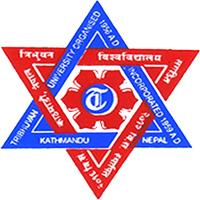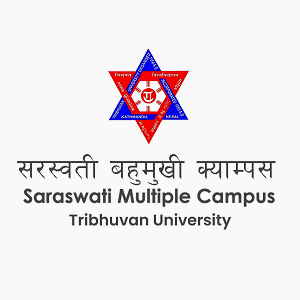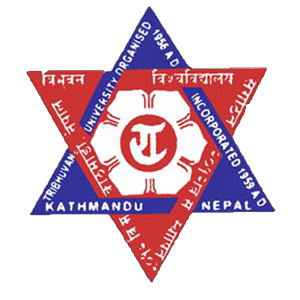Overview
Master of Arts in Rural Development (MA RD) at Nepal Mega College
MA in Rural Development at Nepal Mega College, Babarmahal, Kathmandu, runs under Tribhuvan University’s Faculty of Humanities and Social Sciences.
Your study plan blends development theory, research methods, local governance, and sector papers with field-oriented tasks. The MA Rural Development Nepal Mega College Tribhuvan University pathway fits students who want structured learning with practical exposure to Nepal’s rural context.
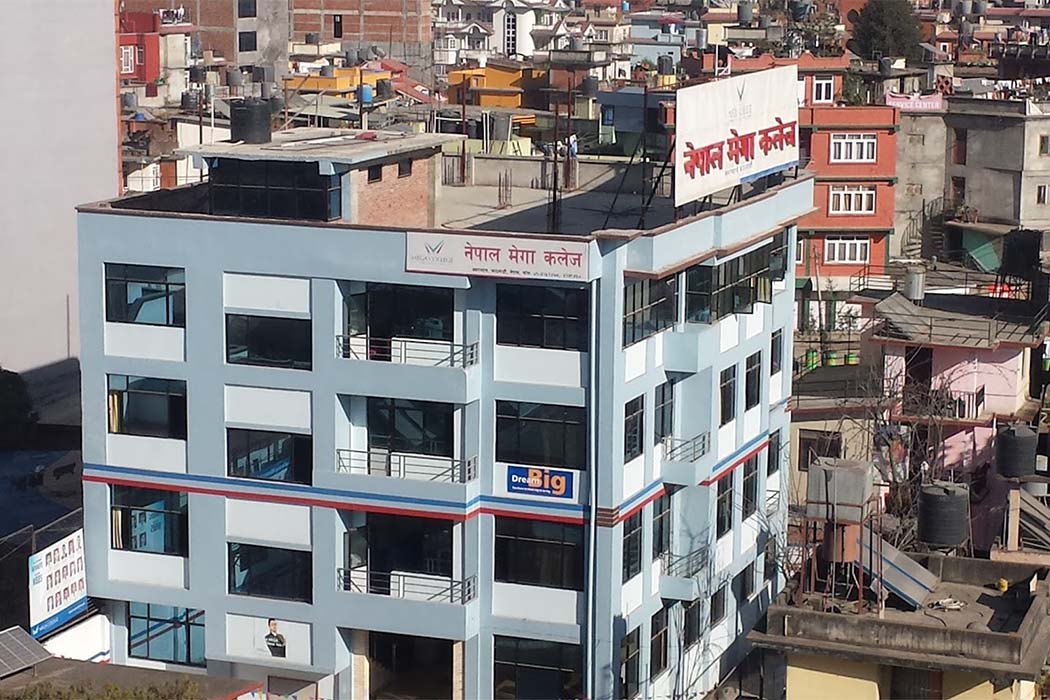
Overview
MA RD covers development discourses, socio-economic analysis, project planning, and monitoring tools used by agencies. Semester pacing supports reading, seminars, and applied assignments. Faculty supervision helps you convert ideas into workable study plans and field reports.
Highlights
-
Affiliation: Tribhuvan University, Faculty of Humanities and Social Sciences
-
Duration: Two years, four semesters
-
Orientation: Development theory, research methodology, governance, sector studies, and field components
-
Location: Babarmahal, Kathmandu
-
Evaluation: Internal assessments, presentations, field reports, and TU semester examinations
Curriculum Details
The first year introduces development theories and discourses, economics of development, social structure and change, statistics for social research, and research methodology. Students learn to frame questions, draft tools, and summarize data.
Middle semesters add local governance, natural resource management, rural livelihoods, and project planning with logical frameworks. Electives allow focus on areas such as gender and development, migration, disaster risk themes, or community-based organizations as offered under the TU scheme.
The final semester usually includes a dissertation or project report under supervision. Students defend findings through viva, linking literature, data, and field insights.
Objectives
-
Build clear understanding of development ideas and their use in Nepal’s rural settings.
-
Develop research literacy for small and medium studies that inform local programs.
-
Strengthen skills in planning, monitoring, and reporting for agencies and local bodies.
-
Encourage responsible practice that respects communities, privacy, and safety.
Scope
Graduates work in NGOs, local governments, cooperatives, and development projects. Roles include program assistant, M&E support, social mobilization, and documentation. Many students continue to MPhil or specialized training after gaining field experience.
Learning Outcomes
-
Explain major development theories and compare their application in Nepal.
-
Use basic statistics and field tools to examine household or community data.
-
Prepare project notes, logframes, and simple budgets for proposals.
-
Write structured reports and deliver presentations to mixed audiences.
-
Follow safeguarding and ethical standards during fieldwork.
Skill Development Modules
-
Research Tools: Questionnaire design, key-informant interviews, and focus groups with consent.
-
Data Handling: Entry, cleaning, and descriptive summaries; charting for reports.
-
Project Cycle Skills: Problem trees, stakeholder mapping, and monitoring checklists.
-
Governance & Policy Reading: Acts, rules, and local planning procedures relevant to wards and municipalities.
-
Field Safety & Ethics: Risk checks, confidentiality, and respectful conduct.
Teaching Methodology
-
Class Format: Lectures, group discussion, and seminar presentations.
-
Field Components: Supervised visits or placements; logbook and mentor feedback.
-
Assessment Mix: Internal tests, term papers, field reports, viva, and TU exams.
-
Support: Reading lists, data templates, and proposal guidance.
Admission Requirements
-
Eligibility: Bachelor’s degree that meets TU Faculty rules for MA programs
-
Selection: Campus process within TU guidelines and session notices
-
Documents: Bachelor’s transcripts, character certificate, recent photographs, ID copies
-
Schedule: Application window, orientation, and enrollment dates published each intake
Career Opportunities
-
NGOs/INGOs: Program assistance, M&E support, and documentation
-
Local Governance: Ward-level planning support, record handling, and reporting
-
Cooperatives & Projects: Livelihood support, training coordination, and field liaison
-
Further Study: MPhil or advanced certificates based on interests and eligibility
Scholarships and Financial Aid
-
Categories: Merit or criteria-based options announced during admissions
-
Application: Submission within the intake period with required documents
-
Advisory: Track seat counts, deadlines, and any field-related conditions
Why Choose This Course?
-
Balanced Approach: Theory, methods, and field tasks move together across semesters.
-
Practical Records: Students maintain logs, datasets, and reports used by agencies.
-
Progression: Clear routes to project roles, local governance work, or MPhil study.
-
Mentoring: Faculty supervision and feedback at each stage of proposal and report work.
Conclusion
MA in Rural Development at Nepal Mega College provides a structured path under Tribhuvan University. Students learn core development ideas, practice field methods, and produce reports that link evidence to action. The degree supports entry into community programs and a steady move toward advanced study.
FAQ
Is MA RD semester-based?
Yes. The program runs for two years across four semesters.
Do students complete a dissertation?
Yes. Students submit a dissertation or project report under supervision.
Are there electives?
Yes. Elective options follow the TU scheme and may include gender, migration, disaster themes, or related areas.
What documents are required for admission?
Bachelor’s transcripts, character certificate, photographs, and ID copies. The intake notice lists the final set.
Where do graduates work?
NGOs, local bodies, cooperatives, and projects that need program, field, and documentation support.
Sources for verification
(Fomecd) for TU MBS semester structure and components; (fohss.tu.edu.np) for TU MA Rural Development syllabus updates and components.


